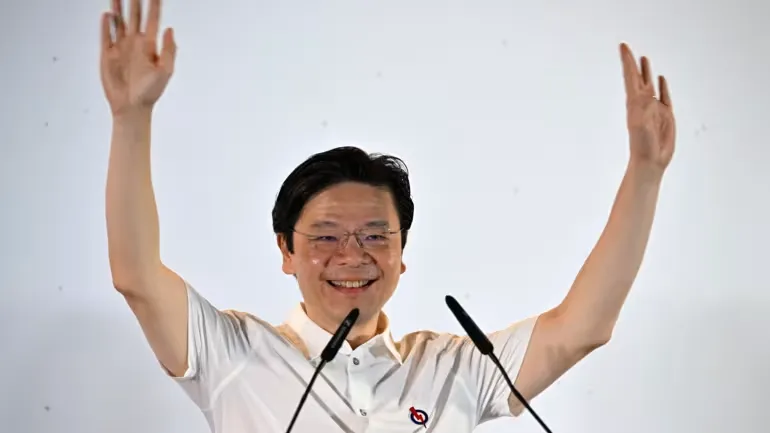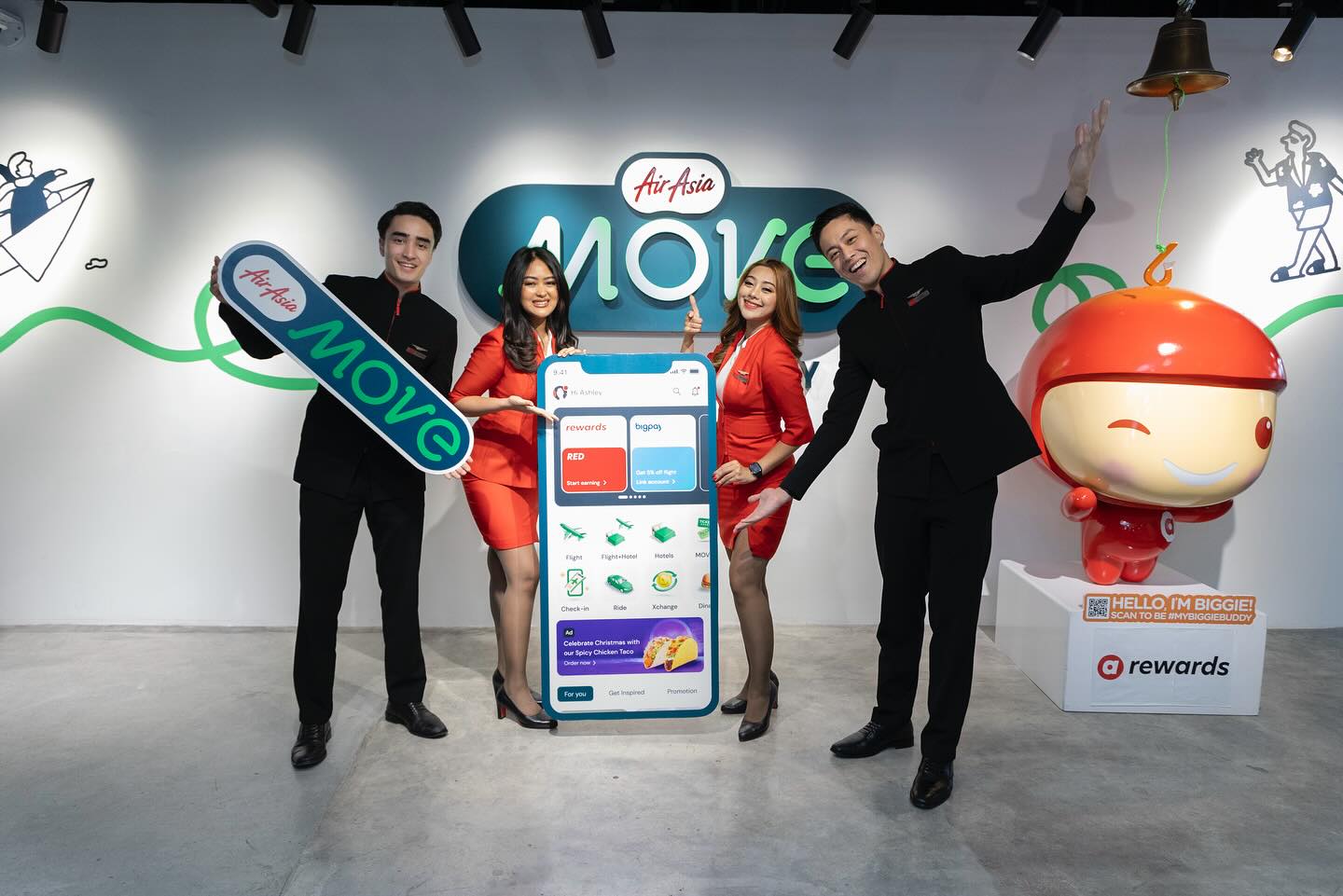Amid global economic uncertainty and rising living costs, Singaporean voters once again turned to the ruling party, the People’s Action Party (PAP), granting it a decisive victory in Saturday’s general election. Under the leadership of newly appointed Singapore Prime Minister Lawrence Wong, the PAP secured 65.6% of the vote and retained 87 out of 97 parliamentary seats, thereby reaffirming its dominance after more than six decades in power.
The election, Wong’s first as head of the ruling party, occurred at a time of growing public anxiety over inflation, job security, and international instability. While opposition rallies drew large crowds and vocal online dissatisfaction surfaced, the results ultimately showed a population still strongly aligned with the promise of political continuity.
Wong, widely recognized for his leadership during the COVID-19 pandemic, campaigned on stability and experience. Moreover, his warning that a stronger opposition could weaken the government’s ability to manage external threats resonated with voters seeking a steady course through global turbulence.
Meanwhile, the Workers’ Party, the country’s most prominent opposition force, held onto its 10 seats but failed to expand its presence, despite campaigning on issues like housing affordability and the cost of living.
In the end, the electorate chose familiarity — and the security of a ruling party they believe can weather storms. As Wong stated after the results, the clear mandate signals trust and confidence in the PAP to guide Singapore through uncertain times.








